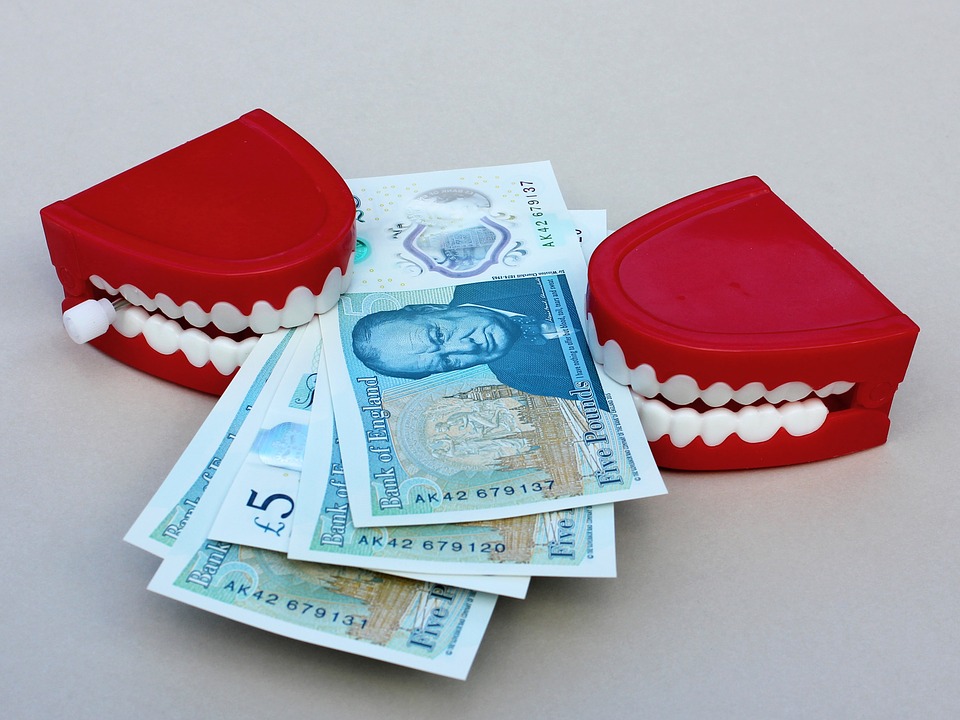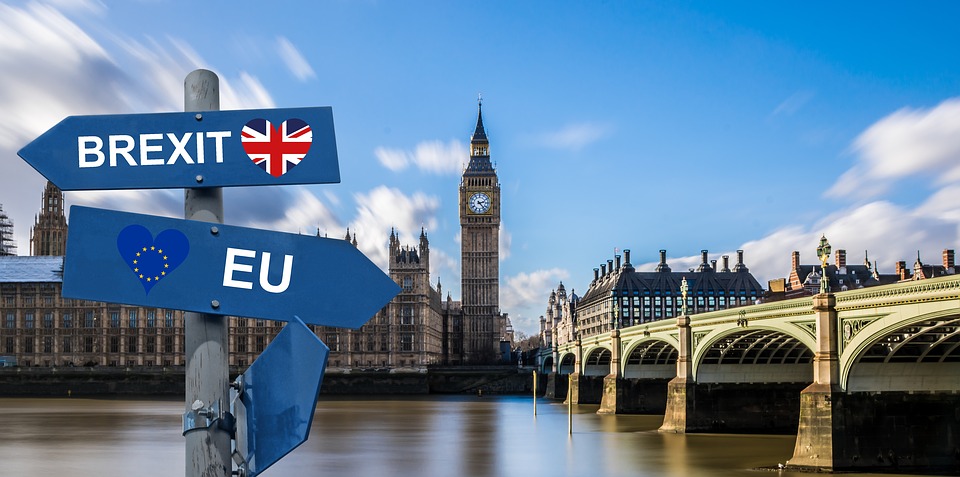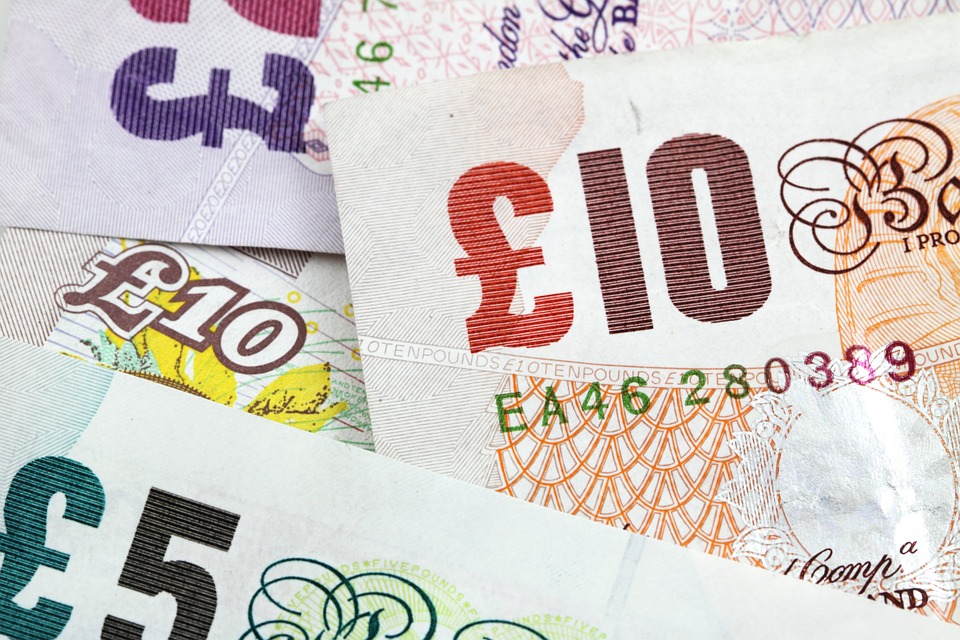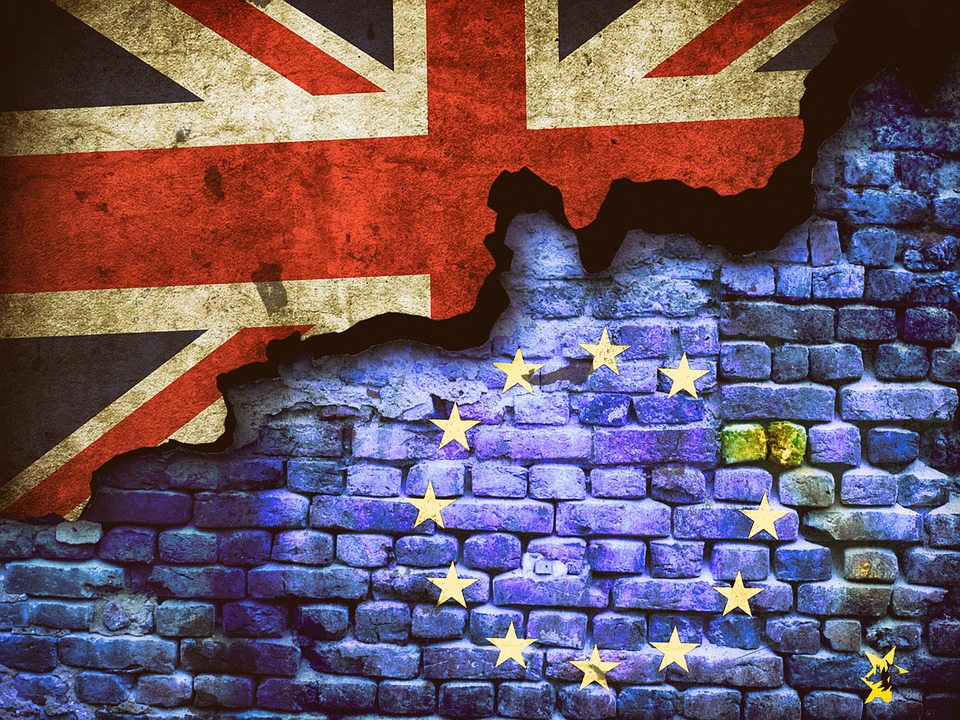- The British pound index declined after the third round of talks ended without a deal.
- The UK side said the EU insistence of a “level playing field” was to blame.
- The UK has until June 30 to request for an extension of the transition period.
The British pound dropped sharply after the European Union and the UK concluded the third round of negotiations. The pound index declined by more than 2% while the GBP/USD pair declined by almost 60 basis points.
British pound falls as Brexit talks end in disarray
The British pound sank today after the third round of talks ended in disarray as I had predicted. In a statement, David Frost, the chief UK negotiator said:
“I regret however that we made very little progress towards agreement on the most significant outstanding issues between us.”
In the statement, he said that the European Union had refused to engage on creating a good Free Trade Agreement (FTA) with the UK. He said that the main obstacle was that the EU insisted on including a set of unbalanced proposals that would bind the UK to EU laws.
In another statement, Michel Barnier, said that talks with the UK were disappointing. In his statement, he said that the EU was not going to seal a new trade deal until a level playing field was established. He said:
“We’re not going to bargain away our values for the benefit of the UK economy.”
Key Brexit issues
There are several differences between the UK and the European Union. The most basic one is that the UK insists on being an equal of the European Union. In a statement last week, Barnier said that the UK was a country of 66 million people against the EU’s population of about 450 million people.
The biggest difference between the two is that the UK insists on a free trade agreement (FTA) like the one the EU has with Canada. The Canadian deal removes most tariffs and quotas while leaving Canada to regulate itself.
The EU has rejected this this idea, saying that such a deal would not work because of the volume of trade involved. While the EU and Canada do business worth more than €72 billion, the UK exports goods worth more than £291 billion to the European Union. This represents about 44% of the total UK exports.
The EU argues that allowing the UK to regulate itself will be unfair to companies in the European Union. As such, it proposes an agreement where the UK stays within the EU regulations.
There are other differences in the Brexit talks. For example, the UK has said that it wants to control its rich fishing waters. The EU has rejected this because its fishermen catch more than 50% of their fish from the UK waters. In the statement, Frost said:
“It is hard to understand why the EU insists on an ideological approach which makes it difficult to reach a mutually beneficial agreement.”
The challenge for the UK is that Boris Johnson has said he will not ask for an extension to the transition period. With the June 30 deadline reaching, analysts believe that chances of leaving without a deal are high.
By Crispus Nyaga
Source: Invezz







